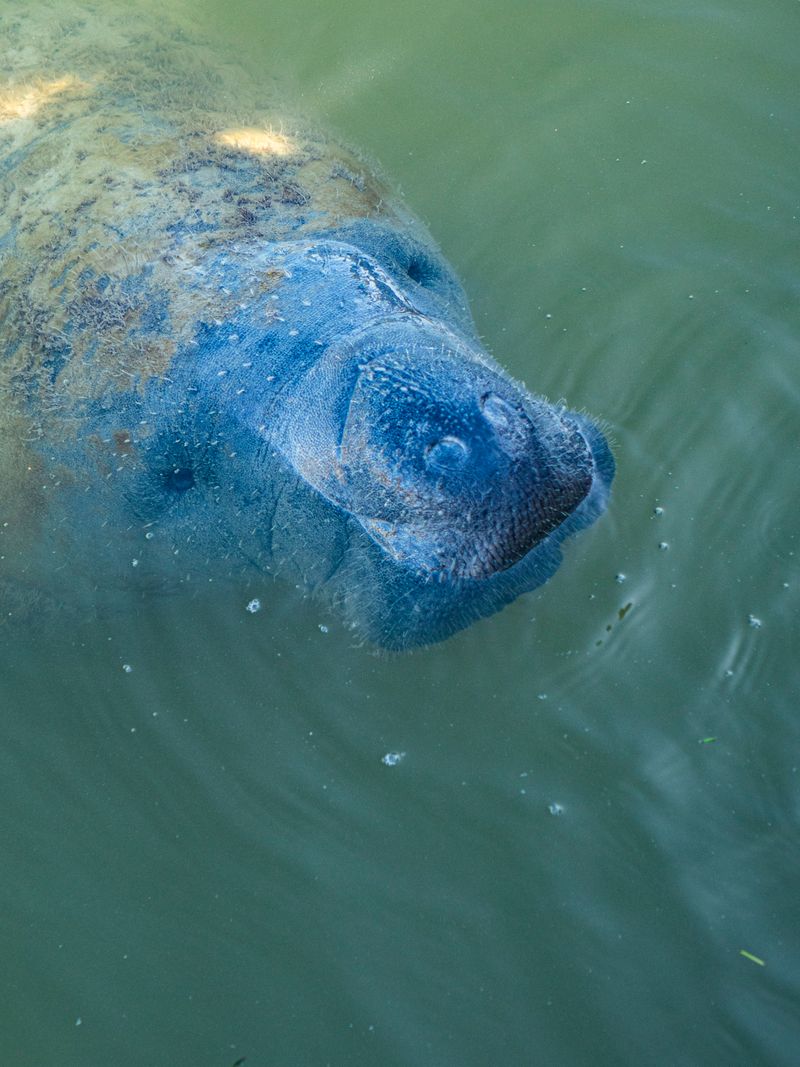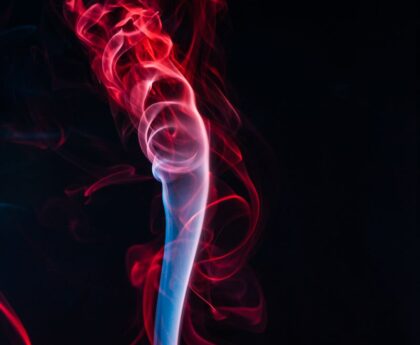New Allegations from UFO Whistleblower Spark Controversy Among Scientists
The Claims
In recent days, the scientific community has been abuzz with discussion over the latest claims made by an alleged UFO whistleblower. This whistleblower, who remains anonymous, has come forward with extraordinary assertions regarding his involvement in a clandestine government program investigating extraterrestrial life.
According to the whistleblower, he worked for several years as a high-level employee at a top-secret government organization tasked with analyzing UFO sightings. He claims to have witnessed and examined numerous UFO encounters that defied conventional explanations.
Furthermore, the whistleblower alleges that the government possesses physical artifacts of extraterrestrial origin and has made attempts to reverse-engineer their technology.
The Skepticism
As one might expect, these bold claims have led to a mix of reactions within the scientific community. Many experts are cautious, expressing skepticism and demanding more concrete evidence before accepting the whistleblower’s assertions. They argue that extraordinary claims require extraordinary evidence, and until such evidence is provided, it is premature to draw conclusions.
Moreover, some scientists argue that the lack of transparency surrounding government UFO investigation programs leaves room for skepticism. Without access to classified information, it is impossible to independently verify the whistleblower’s statements.
Philosophical Discussion
Beyond the specific controversy surrounding these claims, this ongoing debate taps into deeper philosophical questions about the nature of scientific inquiry and the limits of human knowledge.
For centuries, science has faced challenges when confronted with claims that challenge established paradigms. The UFO whistleblower’s assertions can be seen as a prime example of such paradigm-shifting claims.
Thomas Kuhn, a renowned philosopher of science, proposed that scientific knowledge progresses through periods of “normal science” punctuated by “paradigm shifts.” These shifts occur when new evidence emerges that challenges the prevailing theories and frameworks of scientific knowledge. The claims made by the whistleblower, if proven true, could represent such a paradigm shift within the field of astronomy and astrophysics.
The Role of Evidence
Within the scientific community, evidence plays a crucial role in validating or refuting claims. It is the backbone of scientific inquiry and allows for the consensus-building process that underpins scientific progress. As the UFO whistleblower’s claims spark debate, the scientific community must rigorously analyze any evidence provided to determine its credibility and significance.
However, it is important to note that the burden of proof lies with the whistleblower to substantiate his claims. Skepticism is not a rejection of the claims outright but rather a call for verifiable evidence that withstands scrutiny.
Government Transparency
One aspect that has hampered the scientific community’s ability to evaluate the whistleblower’s claims is the lack of government transparency regarding UFO investigations. The secretive nature of such programs raises questions about accountability, reliability, and the potential for misinformation.
Some argue that greater transparency is necessary to establish trust and enable scientific scrutiny. By opening the doors to independent verification and analysis, government agencies can provide a pathway for scientific inquiry and foster public confidence in the investigation process.
Editorial: Striking a Balance
Amidst the ongoing debate, it is crucial to strike a balance between open-mindedness and critical thinking. The exploration of UFO phenomena and potential extraterrestrial life, while captivating, must not lose sight of scientific rigor and the pursuit of truth.
Scientists must approach these claims with both intellectual curiosity and skepticism. It is through this balanced approach that the scientific community can evaluate the veracity of the whistleblower’s assertions and potentially push the boundaries of human knowledge.
Advice to the Scientific Community
For fellow scientists and researchers, it is paramount to reserve judgment until the evidence has been thoroughly examined and validated. The whistleblower’s claims may be genuinely groundbreaking, but they must withstand the scrutiny of peer review and independent investigation.
Engaging in open dialogue and collaboration will be essential. By fostering an environment of critical engagement, scientists can collectively assess the whistleblower’s claims and determine their potential impact on our understanding of the universe.
As the investigation unfolds, let us remember that science is an ongoing journey of discovery, driven by a relentless pursuit of truth. It is in our collective interest to approach these claims with intellectual rigor, encouraging healthy skepticism, while remaining open to the possibility of paradigm-shifting revelations.

<< photo by Olga Deeva >>
The image is for illustrative purposes only and does not depict the actual situation.
You might want to read !
- An Endearing Encounter: Witness the Heartwarming Reunion of a Mama Manatee and Her Calf at Blue Spring State…
- Cheers to National Tequila Day 2023: Exploring Deals, Recipes, and Must-Try Drinks
- Revisiting Amy Winehouse: A Biopic that Captures her Witty Essence
- The Giants and Saquon Barkley: A Simple Solution for Success
- Shaka Hislop’s On-Air Collapse Sparks Concern and Raises Questions about Sports Commentary Safety
- ESPN’s Shaka Hislop Collapses at Rose Bowl: Examining the Health and Safety of Athletes
- Lions Remain Hopeful: C.J. Gardner-Johnson’s Season-Ending Injury Not Confirmed
- Devastating Blow: A Season-Ending Injury for Bills RB Nyheim Hines
- “Battle of the Biopics: Barbie Dominates Oppenheimer at the Box Office”
- Battle of the Giants: LA Galaxy Stun LAFC in Historic Rose Bowl Showdown




